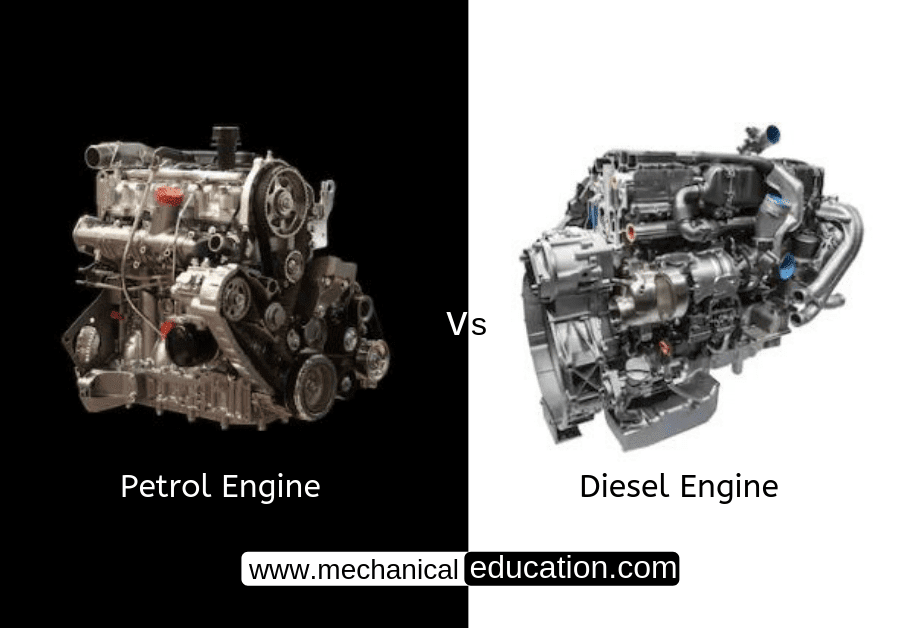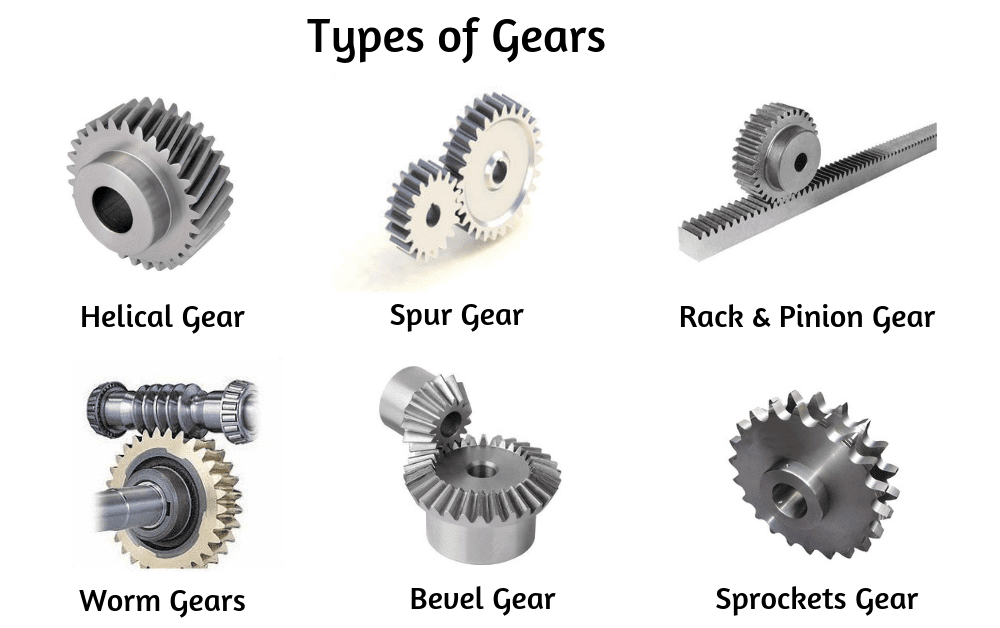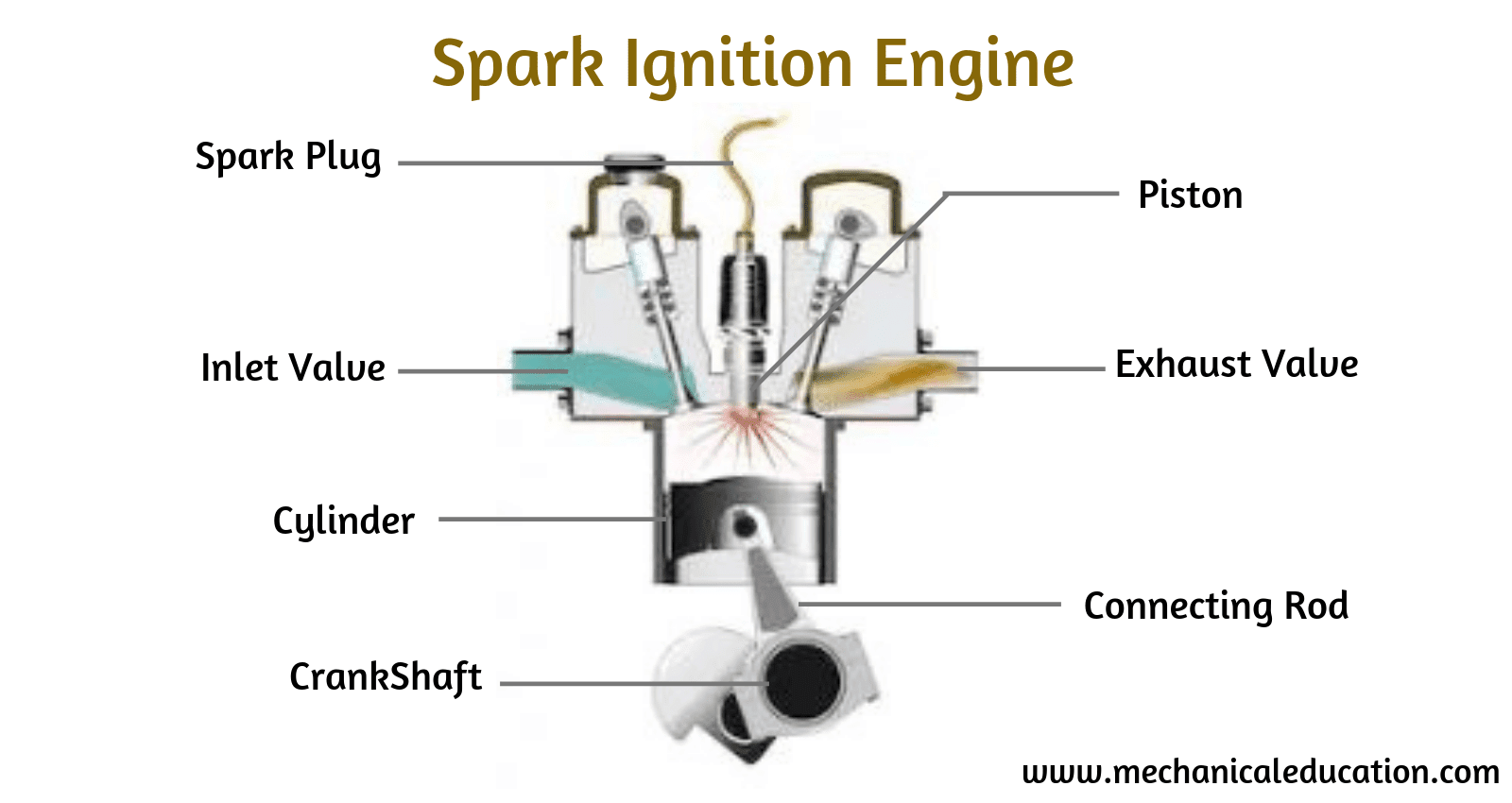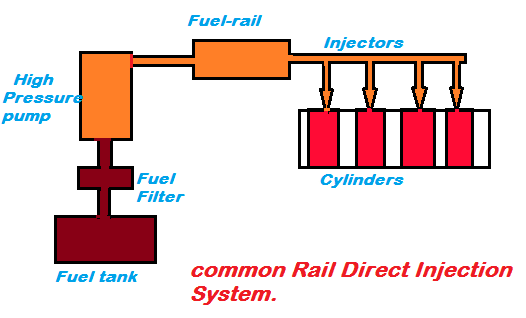Introduction: A camshaft is an integral part of any internal combustion engine, controlling the air and fuel mixture that enters the cylinders. To ensure your engine operates efficiently and properly, there are several components that need to be in place with your camshaft. In this blog post we will discuss some of these components as well as their importance in keeping your engine running smoothly.
Camshaft Materials
The type of material used for the camshaft is important to consider when selecting a new camshaft for your engine. Common materials used include iron, aluminum, bronze and steel. Each has its own benefits; for example, aluminum is lightweight and can stand up to high temperatures while steel is strong and durable. When choosing a camshaft material, it’s best to consult with an experienced mechanic or engineer who can advise you on the best option for your specific engine model.
Camshaft Timing
Timing is an essential component when installing a new camshaft into an engine. If the timing is off by even a few degrees, it can cause misfires in the cylinders which can lead to poor performance and reduced fuel efficiency. It’s important to make sure that your camshaft is installed correctly according to manufacturer specifications before attempting to run the engine. This will help ensure maximum performance and reliable operation over time.
Lifespan of Camshafts
The lifespan of a camshaft depends on its material as well as how often it is used and how well maintained it is over time. Most modern engines have lifespans measured in hundreds of thousands of miles; however, if you don’t take proper care of your vehicle’s internals then you might find yourself replacing parts more often than necessary. Regular maintenance such as oil changes and tune-ups can help extend the life of your engine components including your camshaft.
Conclusion:
A properly installed camshaft is essential for ensuring optimal performance from any internal combustion engine. Different materials are available depending on your specific needs; iron, aluminum, bronze and steel are all common choices for camshafts but their suitability will depend on other factors such as temperature tolerance or strength requirements so consulting with an experienced mechanic or engineer may be required before making a decision. Additionally, proper timing must be observed when installing a new cam shaft in order to avoid potential misfires that could reduce fuel efficiency or cause further damage down the line. Finally ensuring regular maintenance such as oil changes helps extend the lifespan of both vehicle internals including those related directly to your cam shaft such as bearings wear rings etc allowing you longer lasting reliable performance from all aspects of your car truck SUV or other motorized vehicles!




